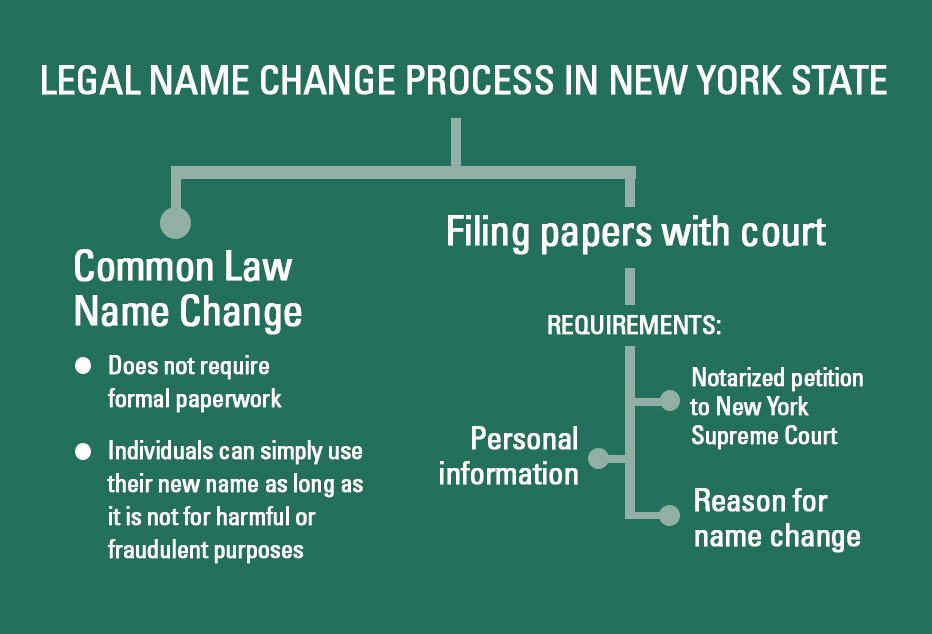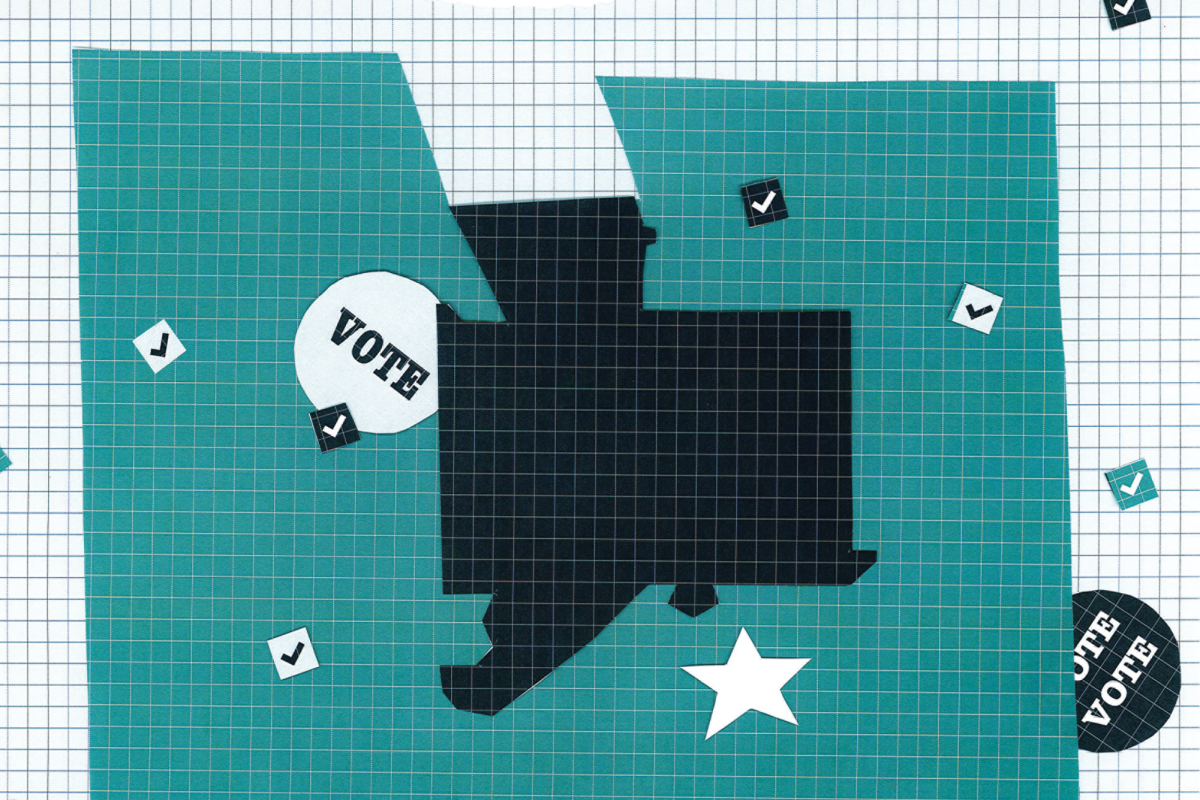A free legal name change clinic is being organized by Cornell University’s LGBT Resource Center in collaboration with Cornell Law School. On Oct. 20, the clinic is offering spaces and time slots to Ithaca College students from 10 a.m. to 5 p.m. via Zoom or in person.
Crissi Dalfonzo, director of the Center for LGBT Education, Outreach, and Services at Ithaca College, said Cornell’s LGBT Resource Center and Ithaca College’s Center for LGBT Education, Outreach and Services have a rich history of collaboration. Dalfonzo was the assistant director of the LGBT Resource Center at Cornell prior to her role at Ithaca College.
“The two centers have a history of collaboration on events, like the name change clinic and the annual Transgender Day of Remembrance vigil, which we’ve co-sponsored as a joint event for the last three years,” Dalfonzo said via email. “Because of my strong connections to Cornell, I’m looking forward to continuing to collaborate across the hills moving forward.”
The clinic was started in May 2019 and takes place once every semester. Dalfonzo said that since the start of the clinic, it has always shared the opportunity with Ithaca College students.
“It is important to both campuses to offer support and assistance in navigating the complexities of the legal system, especially when that can change so dramatically from state to state,” Dalfonzo said. “Programs such as this send a very clear message: everyone deserves to live their truth and have their legal documents reflect that. In a time when many local and state governments are launching and passing anti-trans bills, it is more important than ever that we offer whatever support we are able.”
The clinic was co-created by Mallory Livingston, director of the LGBTQIA Rights Program of the Volunteer Lawyers Project of Central New York and adjunct professor of law at Cornell Law School. Livingston said there are two main ways an individual can change their name in New York state: through the common law name change and by filing papers with the court.
“[Under the common law name change], you just change your name, start using a new name and stop using the old one,” Livingston said. “But that’s really hard to prove [in law]. The standard way that people do this is by filing papers with the court to demonstrate that their name change is not for any fraudulent purpose.”
Under the common law a person may change their name at will as long as there is no fraud, misrepresentation or interference with the rights of others.
For students to participate in the name change clinic, they must register for a time slot and bring a certified copy or a high-quality PDF version of their birth certificate. They are then assigned a volunteer Cornell Law student to help fill out and file the necessary paperwork on their behalf. Livingston said Cornell Law students simply act as a liaison and not as authority.
“The law students aren’t lawyers, so there has to be a supervising attorney in order to be able to file the cases with the court,” Livingston said. “We teach the law students how to do the name changes and what legal issues can be involved. For example, sometimes we might have a minor who is trans and wants to change their name and one parent supports that and another parent opposes it. … With things like this, the court is going to want certain paperwork and proof being presented before they allow the name change to go through.”
The paperwork in New York to file a name change with the court is relatively straightforward. It requires basic information about a person, like their name, date of birth, place of birth and legal and criminal history. Then they must provide the name they are changing to and the reason for changing their name. They must also state the New York county they are in and what court they will petition to.
Once the paperwork is completed with the clinic, the Volunteer Lawyers Project of CNY officially files the paperwork with the court. Changing a name in New York State requires a notarized petition to the New York Supreme Court in the county where the recipient of the name change is and the court’s filing fee is about $200. Once filed, the court will decide on the name change in 30–60 days in most cases.
“If possible, we’d like to draft the petition right then and there,” Livingston said. “[Then] have the client approve it and have them sign it and get it notarized right there and at that point. If we have all the necessary paperwork — which in most cases is just a certified copy of their birth certificate — we can file it through the court right away.”
First-year student Clark Royandoyan explained the importance of a resource like the clinic being made available and accessible to students.
“I think it’s great that IC and Cornell are coming together to be able to promote this service,” Royandoyan said. “Especially because [students] might not be aware that changing their name could be a more complicated process than they thought. Or some may realize that it might be a simpler process. So I think it’s great that this resource is available to students and I’m glad that the word is getting out there.”
Kristen Browde is the vice president of the Florida Democratic LGBTQ+ Caucus. Browde, who is transgender, said one of the first steps for equality for trans people starts with the legal documentation of their name.
“Equality starts with equality under the law,” Browde said. “I remember what I went through when I changed my name. …. Helping people to navigate this process and get them started with equality and getting them started with their name is just a great service.”
Browde said transgender rights are a wedge issue in politics because political leaders often move their bases by using fear-based propaganda.
“The one thing you find among those who are fear-mongering is that [most] of them have never met a transgender person,” Browde said. “They’re scared of this image that’s been planted in their head. And if they had met a transgender person, if they saw they are really not that different, that might change some hearts and minds.”
So far in 2023, 501 anti-LGBTQ+ bills have been introduced, according to the American Civil Liberties Union. Many of these bills specifically target transgender and gender-nonconforming individuals.
On Sept. 6, the City of Ithaca became a sanctuary for transgender health care because of the passing of the Trans Safe Haven Resolution in the Common Council.
Dalfonzo said that affirming the lives and rights of queer and transgender individuals needs to happen on all levels in a community: politically, legally and socially.
“Programs and resolutions are just pieces of the puzzle,” Dalfonzo said. “The City of Ithaca is putting many measures in place to protect queer and trans lives regardless of the national political landscape, and it’s a place I am very proud to call home.”

















Carol Vanvugt • Oct 19, 2023 at 11:44 pm
Very informative, thank you!